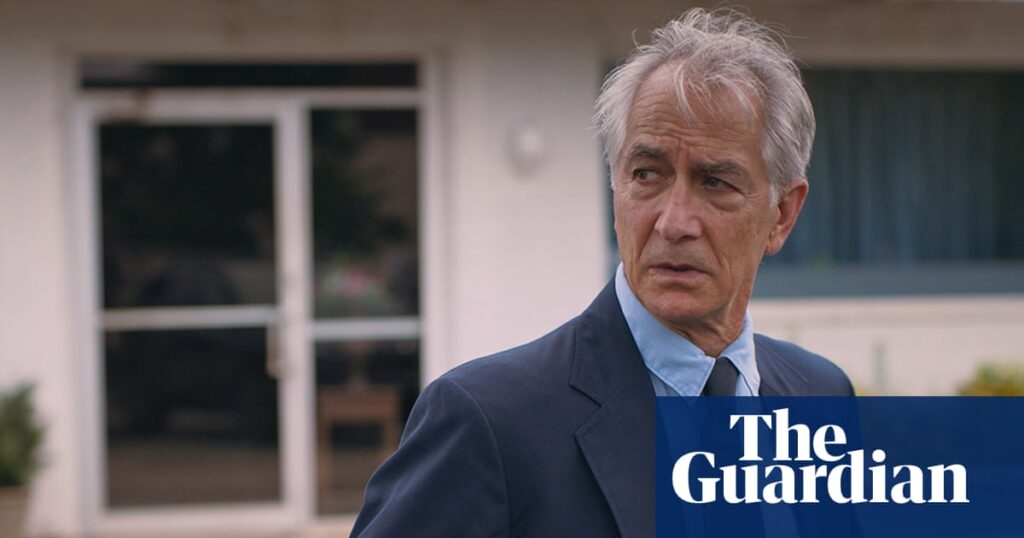
When George Clooney brought Good Night, and Good Luck to the stage earlier this year, it set a record as the highest-grossing play in Broadway history. Clooney, making his Broadway debut, was nominated for a Tony Award for his portrayal of Edward R. Murrow, a giant of broadcast journalism. However, for fans of the original 2005 film, something was notably absent: David Strathairn, who originally played Murrow, did not reprise his role.
Strathairn, 76, candidly admits via Zoom, “I was much too old and it would have been hard to actually pull it off that many years later.” He adds, “Hats off to [Clooney] for getting it to Broadway. The play would be an amazing part of a curriculum at schools of broadcast journalism or political science.”
Strathairn’s Latest Role
Strathairn’s latest role is in A Little Prayer, a family drama set in Winston-Salem, North Carolina, written and directed by Angus MacLachlan. In the film, he plays Bill, a grandfather and Vietnam veteran, who suspects his son of infidelity. The actor was drawn to the project by MacLachlan’s writing, having admired his previous works.
“His focus was such a frank and sincere and generous looking into a family,” Strathairn explains. “No big bells and whistles. Obviously, this family is going through some issues that are fairly potent and have a lot of resonances.”
Exploring Complex Themes
The film subtly addresses themes such as the opioid epidemic, military veterans’ struggles, and the socio-economic challenges of small southern towns. Strathairn notes, “It presents PTSD, it presents abortion and drug abuse and the struggles that everybody has dealing with things like that.”
Strathairn’s involvement with Theater of War Productions, which uses theatre as a platform for community conversations, has informed his understanding of these themes. “That experiential reality is always there,” he reflects, emphasizing the importance of discussing difficult topics openly.
Historical Characters and Artistic Responsibility
Strathairn has portrayed numerous historical figures, including Edward R. Murrow, Robert Oppenheimer, and Jan Karski. He describes the challenge of playing such roles: “It’s your challenge and responsibility to honour the legacy of who they were as much as possible.”
His portrayal of Karski in Remember This: The Lesson of Jan Karski, a one-man show performed in the US and Europe, illustrates his commitment to historical accuracy. “With historical characters, it’s important not to reconfigure or reinvent,” he stresses.
The Role of Arts in Society
In an era marked by political polarization and cultural division, Strathairn believes the arts have a crucial role. “One thing that we were talking about on a set recently was, does it fall to the arts, of all forms, to be our historians now?” he asks. He argues that artists must preserve history, especially when official narratives are contested.
Strathairn warns against the dangers of authoritarianism in the arts: “Authoritarianism is a very frightening concept when it comes to the arts. But so many towns have their own little film festivals and the curiosity is still there.”
Looking Ahead
Reflecting on his career, Strathairn remains optimistic about the power of film and theatre to unite people. “What film can do, what theatre can do, what the arts can do is bring a lot of people together in one place,” he says. He emphasizes the importance of shared humanity, quoting Karski: “Governments have no souls; individuals have souls; and the common humanity of people is the real protector of human rights.”
As Strathairn continues to engage with complex roles and themes, his work serves as a reminder of the enduring impact of art in society. Whether through historical portrayals or contemporary dramas, his performances invite audiences to reflect on the human experience and the societal issues that shape it.




